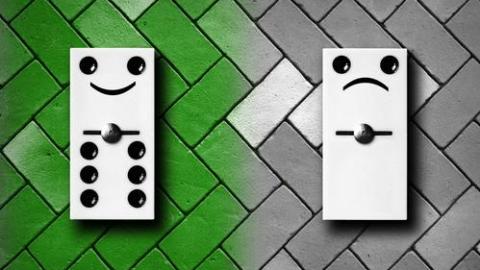How Wealth Inequality Hurts Economic Growth

What’s the Latest Development?
In order for the US to find a solution to its economic woes, it must determine why they occurred in the first place. For Raghuram Rajan, a professor of finance at the University of Chicago’s Booth School of Business, two facts stand out. “First, overall demand for goods and services is much weaker, both in Europe and the United States, than it was in the go-go years before the recession. Second, most of the economic gains in the US in recent years have gone to the rich, while the middle class has fallen behind in relative terms.” As the middle class no longer suited the expansion of businesses, demand associated with a consumption-based economy plummeted.
What’s the Big Idea?
Seeing that the middle class income was being squeezed, the government responded by making it easier to access credit. That was all well and good until housing prices collapsed, which many families had borrowed against in order to bankroll their lifestyle. The result has been far less demand than during the pre-recession years. “The key to recovery, then, is to tax the rich, increase transfers, and restore worker incomes by enhancing union bargaining power and raising minimum wages,” says Rajan. While it won’t be easy or quick, “the US should focus on helping to tailor the education and skills of the people being left behind to the available jobs.”
Photo credit: Shutterstock.com





